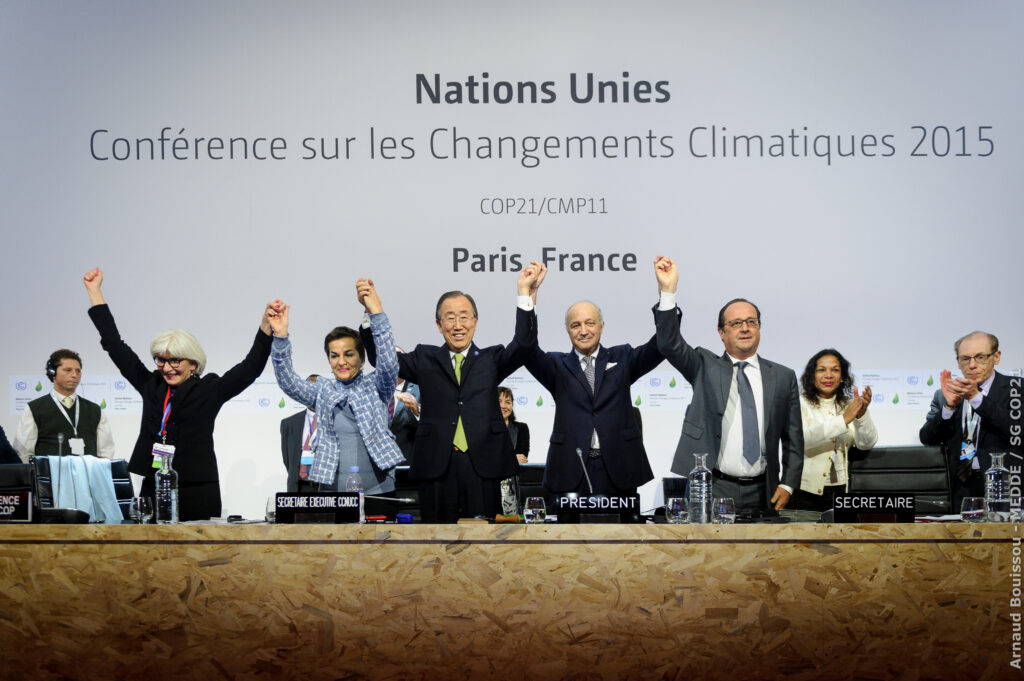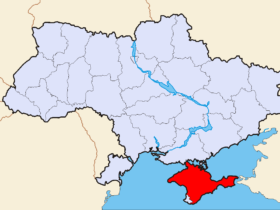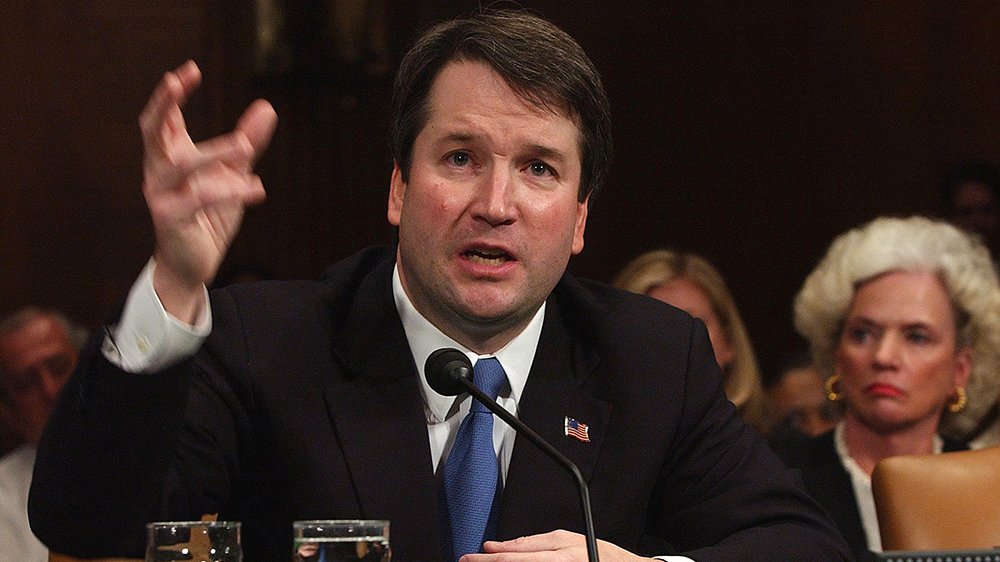
From the recent election of Jair Bolsonaro in Brazil to the long-discussed Brexit movement in the UK, many countries seem to exhibit shifts towards far-right politics and flirtations with nationalism. In an end-of-year weigh-in, Glimpse correspondents explore these very shifts in Brazil, Italy, the United Kingdom, Poland, and Colombia and the future implications it has on each country.
Brazil Elects Far-Right Candidate for the Presidency by Ishani Desai
In late October, far-right candidate Jair Bolsonaro of Brazil’s Social Liberal Party was elected to the Presidency, causing both major upset and celebration throughout the country. Bolsonaro defeated his opponent, Fernando Haddad, the left candidate of the Workers’ Party in Brazil, by a margin of 10 percentage points to secure the Presidency. Bolsonaro will lead Brazil in a new direction, which may completely revert the social and economic policies that the previously dominant and popular Workers’ Party had arduously managed to implement in the world’s fourth-largest democracy.
Bolsonaro possesses both conservative social and fiscal values. He believes in a free-market competitive economy and has promised to remove nationalization of certain industries and allow market reforms that favor the businesses of Brazil. In addition, Bolsonaro wants to help uplift the private sector and secure more protection for the industries he claims has been negatively impacted by the left’s attempt to nationalize and centralize the economy with unnecessary government intervention. Despite these promising economic solutions, Bolsonaro is a social conservative who believes in traditional marriage and opposes the decriminalization of abortion. Additionally, his offensive remarks made against women, the LGBT community, and minorities, such as one made in 2013 – that if he were a rapist, he would not rape leftist congresswoman, Maria de Rosario because she is “ugly” and “not his type” – are alarming. His presidency poses a risk to those people who felt safer in Brazil’s public sphere before he was elected.
The election of this candidate signals a public swing towards far-right politics. However, this swing towards the other side of the political spectrum should not be a surprise given the massive corruption scandal of the Workers’ Party that has plagued Brazil’s political system since 2014. This scandal forced many Brazilians to lose trust in the path Brazil was taking under the leftist party that dominated Congress and had two sitting presidents, who were implicated for corruption. Bolsonaro took a hard and tough stance against the opposing party, promising to return Brazil back to its glory days and remove Brazil from the corruption scandal that had involved many politicians and executives. This bold stance with a different agenda than that of the left has resonated within many Brazilians. Despite Bolsonaro’s controversial past, they feel he is the “newcomer” that can transform Brazil’s economy and public safety, such as decreasing crime rates with a stricter police force and relaxed gun laws – two areas which the Workers’ Party had not been able to properly address in recent years. Ultimately, Brazilians want better opportunities and they envision that improved future in a President-elect who embodies right-wing politics but promises to rid Brazil of the corruption that has led to the public downfall of the left.
“Basta Euro”: Populist Influence on Italy’s Economy by Amartya Ranganathan
In Italy, the new populist narrative is all too familiar: a nationalistic, wealthy group feels dissatisfied, scapegoats immigrants, and begins a right-wing movement as a radical siege of control. Apart from the sociocultural “us vs. them” mentality that this shift has created, Italy has also experienced negative economic impacts because of its shift to the right.
Following the election on March 4 of this year, 349 of the 650 seats in Italian Parliament belonged to the right-wing coalition of La Lega and the Five Star Movement. Several reasons right-wing groups gained popularity over recent years stem from a desire to prosper as an individual nation apart from the EU. Italy felt immigrants provided an economic burden and that the EU failed to help the country sufficiently. Furthermore, the country felt constricted both by adopting the euro currency and by the EU’s austerity policies. To struggling Italian citizens, immediate deportation of 500,000 aliens and low taxation became enticing campaign points. However, the reality of these economic policies fell far short from their proposed execution.
Conservative politicians soon realized that if Italy, the EU’s fourth-largest economy, were to exit the euro, it would create enormous financial damage, especially due to the significant debts Italy faces. Additionally, departing a trade bloc would lead to international animosity, depriving Italy of the benefits of other countries’ resources and prices. Soon enough, La Lega erased rhetoric of dropping the euro currency by quite literally painting over the “Basta Euro” (no more euro sign) outside their Milan headquarters. Additionally, Bloomberg forecasts show sluggish 2019 growth rate of 1.2 percent and higher budget deficits than Italy expected. In essence, the right’s hope to economically isolate themselves while still investing heavily in their own citizens has lead to slower growth and more expense.
Similar to Trump’s emphasis on “America First”, Italy’s new Parliament targeted those who felt most disappointed in Italy’s current state with a chance of radical change. The country instead became a prime example for the economic shortcomings of populism. While citizens naturally prioritize themselves over global and immigrant welfare, economic unions provide too much benefit to their constituents to be justifiably eliminated. However, they quickly realized that with independence of controlling exchange rates comes the responsibility of debt and managing currency value. Economic isolationism only furthers existing sociocultural divides that stem from broken trade deals and deportation, harming both the nation’s own privileged citizens and dependent countries.
Brexit’s Impact & the future of the UK’s Right Wing Movement by Sterling Hahn
On June 23rd, 2016 when the United Kingdom European Union membership referendum took place, the UK voted to exit the EU, a decision that has isolated the UK from most of Europe and given the country more sovereignty. This nationalist movement came as a result of many factors, but primarily, it was the result of the restrictions and responsibilities that came with EU membership, as well as the influx of refugees and immigrants coming into the UK. After the UK voted to leave the EU, David Cameron, the former conservative party leader and Prime Minister, stepped down and was succeeded by current Prime Minister Theresa May who advocated for the exit. May now is pushing for the UK’s rights to self-govern and be free of obligations that had before prioritized the benefits of the EU as a whole.
Even though it’s been over two years since the referendum, it is still somewhat unclear how beneficial this nationalist movement has been and will become for the UK. On one hand, there will no longer be a need to pay EU membership dues, saving the UK 13.1 billion pounds per year, and there will not be a need to enforce EU plans such as refugee resettlement programs. As a result, the commitment to take in 20,000 refugees was reduced to just 350 people in February 2017.
Although it would appear that the UK benefits somewhat from this independence movement, there are far greater economic costs that need to be considered. The UK government’s Office for Budget Responsibility estimated that Brexit will cost Britain 72 billion pounds by 2021 in lost economic activity. Furthermore, the EU is a major trade partner for Britain, and depending on the result of the current Brexit deal draft that may or may not be passed by parliament by the time Britain is scheduled to leave the EU in spring 2019, Britain might be losing a valuable trade partner and may have to rebuild its trade agreements with all nations from scratch. The Brexit deal that was approved on November 28th by the European Union currently has very low domestic support by parties that were both for and against Brexit, with Corbyn’s Labour party explicitly stating that they will not vote in favor of the deal.
However, Brexit has not been the only evidence of the UK’s shift towards nationalism, as there is the possibility for Boris Johnson, a staunch supporter of Brexit, to be the next prime minister. Due to Theresa May’s more tactile and careful moves surrounding Brexit dealmaking, the population worries that she will take the easiest option, which is staying in the single market and would force Britain to continue to abide by EU rules, even though it would no longer have rulemaking power within the EU. This is reflected in the current deal which does not effectively change many of the factors Brexit voters were seeking such as stronger border controls. As it seems Boris Johnson would take a harder stance towards the EU during Brexit negotiations, and this has made him popular. On the other hand, Jeremy Corbyn and the Labour party, which lies left of center, have also become increasingly popular, as they promise to block a no-deal outcome, create a strong single-market deal, and uphold workers’ rights and environmental protections. Because Corbyn is currently more popular than Johnson, it is likely that Britain’s far right movement might be brought to a halt after the change of the Prime Minister.
Whether or not the Conservative Party or Labour Party gains power in the 2022 election largely depends on the results of the Brexit negotiations which can either end with a clean break or a revised trade plan in spring of 2019. The current deal approved by the EU has to be voted on by parliament on December 11th, but because of the minimal support of the deal by most parties it is not currently expected to be passed, which would further decrease the popularity of May and the conservative party making it more likely for the Labour party to be in power. Who becomes the next prime minister will determine whether the UK will continue down on this path of nationalism or whether Brexit was simply one stand-alone act of nationalism.
The Perversion of Law and Justice in Poland by Srividya Dasaraju
Poland’s move to the right is symptomatic of a broader shift to the right in Europe. Over the past few years, the Polish government has taken measures to assert political control over the judiciary and the media and has continued to try and distance itself from the European Union. The rise of the Law and Justice Party, a right-wing political party, has led to an open embrace of authoritarian tendencies by leaders of the party.
In 2015, the Law and Justice Party was able to win a slim majority in parliament and seized that chance to further consolidate their power and embrace nationalist policies. Just last year, Poland passed and then revoked—due to international backlash— legislation that criminalized statements saying that Poland was complicit in the Holocaust and the use of the phrase “Polish death camps”. This was an attempt to deny Poland’s role in the genocide of Jews in World War 2. Perhaps most startling are the open displays of neo-fascism. Last year on Poland’s Independence Day, thousands of people showed up to “patriotic marches” holding signs that read “White Europe” and “Clean Blood”. These formerly fringe alt-right groups have been welcomed by the Law and Justice Party, who has turned a blind eye to their hatred and instead has defended them in the name of patriotism. Many of these radical groups have gained support from anti-Semitic groups and groups against Muslim refugees.
However, the party’s overreach into the judicial sector signals more than just nationalist rhetoric, but a larger anti-democratic force. In 2015, the party also attempted to use its parliamentary power to unconstitutionally invalidate the appointment of judges by the previous party in power before the courts could rule on the issue. The Law and Justice Party then replaced the old judges with new ones of their picking to the constitutional court. LIkewise, Poland also passed a new law lowering the retirement age of Supreme Court judges from 70 to 65 years. This law would effectively put 27 of 72 current judges at risk of forced retirement. In response, the European Commission recently stepped in with a lawsuit that threatened to take away Poland’s voting rights at the European Union for undermining judicial independence and democracy.
The political tide in Poland is inextricably tied to the country’s relationship with the European Union. Much of the support of the Law and Justice Party came from the party’s capitalizing on Polish citizens’ frustrations with European Union decisions. In recent years, many Polish citizens have come to see the EU as overbearing in its authority and detached from the realities of Poland. This sentiment is reflected in Poland’s repeated attempts to refuse compliance with European Union refugee quota acceptance policies. While part of this sentiment comes from undeniable currents of xenophobia and racism, it also comes from populist sentiments that Polish people themselves are struggling and cannot accept the economic burden of more people in their country. In a very shocking statement earlier this year, the President of Poland, Andrzej Duda, denounced the EU as an “imaginary community from which we do not gain much.”
The question remains on whether the past few years have simply been a phase in Poland’s political culture that will pass or a much more troublesome and permanent departure from Western values of democracy and rule of law. In the interim, it is important that the European Union stays diligent in holding its members to high standards against corruption and flirtations with autocratic policies.
A Different Kind of Conservatism: Colombia as a Case Study by Briana Trujillo
When we talk about the rise of right-wing movements, the examples of the United States and Brazil seem to encourage a structuring of the conversation around social policies and popular figures, and the two go hand-in-hand. The recent elections that polarized the countries centered around candidates like Donald Trump and Jair Bolsonaro and their inflammatory statements toward marginalized groups in society. While several other countries have seen similar trends in the rise of populist, fascist, or even authoritarian-like governments, Colombia’s trend toward conservatism finds its roots in a significantly different experience.
The peace accords in Colombia in 2016 were an effort on behalf of the government to partner with the country’s largest rebel group — and widely considered terrorist organization — the Revolutionary Armed Forces of Colombia (FARC) to stop the violence caused by the organization and exacerbated by its ties to the drug trade. The move was highly controversial, with more liberal and typically younger voters on the side “for peace,” and older, conservative voters “saying no to peace.” Though the accords failed to pass (and President Juan Manuel Santos would still win the Nobel Peace Prize for its efforts), policies followed that still granted the FARC legislative seats in the efforts of stopping the violence tied to the group. The success of these efforts was questionable to say the least.
The conservative movement, then, which has received a victory in the election in 2018 of President Iván Duque Márquez, is not about the hatred of the gay community, or sexual assault, or immigration, as it seems to be in the U.S. or Brazil, but rather heavily relies on being uncompromising about terminating all illegal activities of guerilla organizations now that the Santos administration’s peace agreements are failing. Yet, the trend that seemed to go from left-leaning with Santos, to right with Duque, now seems to be inching back to the left.
When I spoke to my uncle over the phone, a 55 year-old immigrant who has lived in the U.S. for over 30 years now, he left me with the thought that Colombians feel stuck, as “the right is corrupt and the left is inept.” My cousin, a 20 year-old student in Pereira, says he has noticed a switch back toward the left once Duque’s tax policies favoring big corporations took effect, “because it’s the only option left.” Both agree that the parties are more polarized. And neither them, nor I, nor the public as a whole can come to an agreement about where to go from here.







